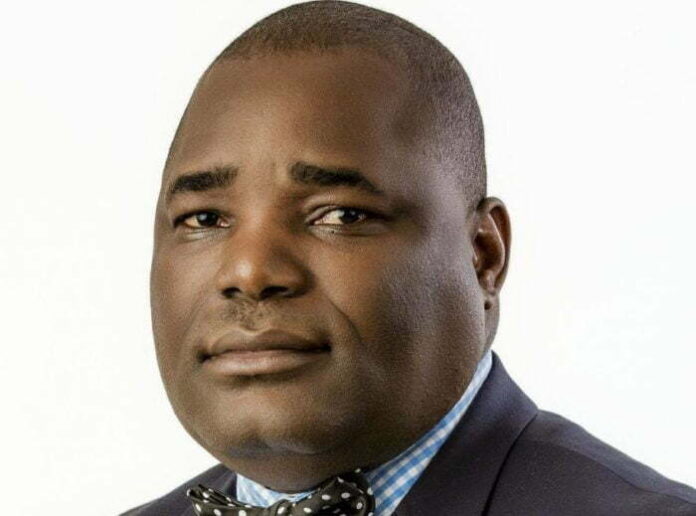NO INTEREST ON NONPERFORMING LOANS – COURT
By Dickson Jere
Can lender charge interest on a non performing loan?
That was a question that befell the Court of Appeal in a recent case that was determined few weeks ago.
Having defaulted on ZMK 2 million loan with Citizens Economic Empowerment Commission (CEEC), the borrower was slapped with bill of K3.3 million, that included interest at 12% per annum. The loan became nonperforming in July 2015 but was charged interest up to September 2021.
The High Court ruled that the borrower must pay all amounts due in full or lose the mortgaged property.
That decision prompted the Appeal.
The borrowers argued that the law proscribes payment of interest on loans that are non-performing for three months. They based the argument on the new provision in the Banking and Financial Services Act (BFSA) of 2017.
However, CEEC argued that it was not a bank regulated under the BFSA as it was created by own Act of Parliament with aim of empowering citizens.
Three Judges of Court of Appeal heard the matter and analyzed the provisions of the law regarding payments of interest on loans that have become non-performing.
“A reading of these provisions shows that interest may only be charged on a non-performing loan when the principal and/or interest has not been in arrears for more than 90 days,” the Judges ruled.
“The effect of the provision being the proscribing of the charging of interest on non performing loans and the interest due should not exceed the principal amount owing at the time the loan becomes non performing,” the Judges further said.
The Court explained that once the loan has become non-performing after 90 days of default, the lender must then recover his principal amounts plus interest in arrears immediately. The lender, according to the Court, can then enforce his securities as opposed to charging interest on non performing loans in perpetuity.
“Interest contractually agreed is allowed on the principal from date of the loan until the facility became non performing,” the Court further explained.
On CEEC, the court ruled that the principle of law found in the BFSA also covers institutions like CEEC even though not a bank per se.
“In our view, the Respondent can be classified on the same footing as a financial institution and as such section 110 of BFSA is applicable to it,” the Court said and reversed the High Court findings.
The case – Chilola Intertrade and Others V CEEC (CAZ Appeal No. 282/2022) – has now been sent for assessment in order to remove all the interest charged after the loan became non-performing.
It will be very interesting to see how this interpretation can be extended to money lenders who continues to charge interest that is more than the principal amount borrowed.

This is a matter in which the trial court , that is, the High Court, should have sought help of an expert witness. The Court of Appeal’s decision would have been based on better and richer information. As it is, I doubt it the CEEC is satisfied why it lost the appeal. In my view, interest should continue to be calculated as long as it is not recognised as income by CEEC.
Further to the above comment, I wish to state that suspension of charging interest on a non-performing loan is not done for the benefit of the borrower but that of the lender so that the income of the lender is not overstated and make them liable to paying tax on loan income not collected or has no reasonable chance of being collected. The Court of Appeal appears to have fallen in error because the CEEC never sought expert witness help in the High Court. I would recommend that the CEEC appeals to the Supreme Court where I expect the matter to be sent back to the High Court for a retrial before another judge. The Court of Appeal’s decision will create all sorts of problems for the financial sector if it remains as the foremost judgment on this issue.